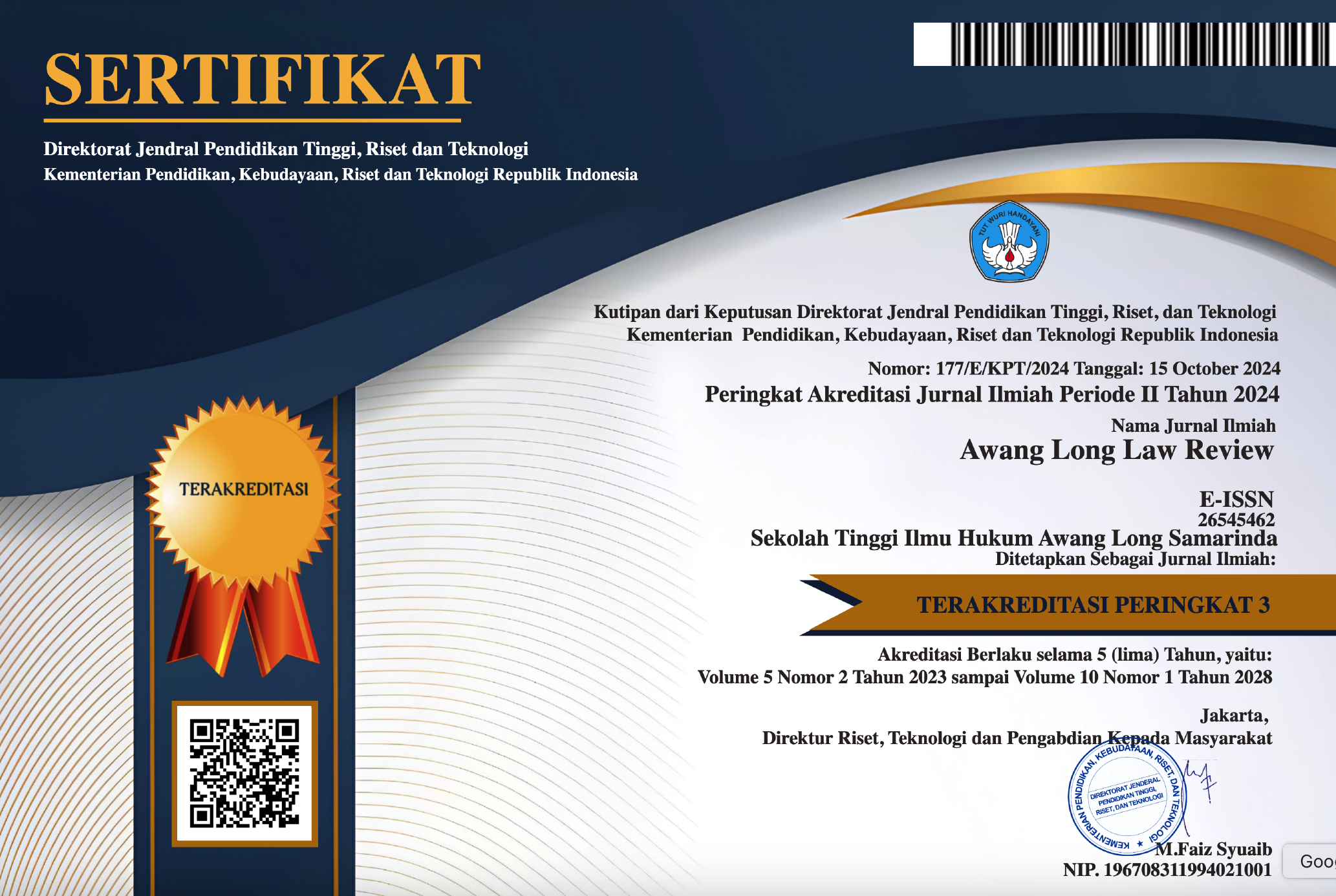STRENGTHENING THE DUTIES AND FUNCTIONS OF PECALANG AS TRADITIONAL SAFETY TOOLS IN BALI
Abstract
The maintenance of stability, security and order in traditional villages is the main goal to continue to uphold Bali as a strengthening of cultural identity. Creating security and order in traditional villages is not only the task of the police and the government, but the role of indigenous village communities is highly expected. Therefore traditional villages must be supported by other traditional institutions and organizations such as banjar adat, tempek, and sekaa-sekaa, as well as traditional organizations that are still alive and developing in other communities such as pecalang. The issuance of Regional Regulation No. 4 of 2019 concerning Traditional Villages does not clearly state and are still ambiguous about the duties of a pecalang, so there is a chance that these tasks will come out of the history of the formation of pecalang. To support the duties of the pecalang, the pecalang needs to coordinate with the National Police as stipulated in Article 47 paragraph (3) of Regional Regulation No. 4 of 2019, so that the pecalang and the state police are in a coordinative position. The purpose of this research was to clarify the boundaries of the duties and powers of the pecalang as a professional traditional security tool in Bali and to eliminate the arrogance of security duties between the pecalang (sesana) and the police so that there is a harmonious relationship for the sake of creating security and order in the traditional village according to current regulation.
Downloads
Copyright (c) 2022 I Wayan Arka

This work is licensed under a Creative Commons Attribution-ShareAlike 4.0 International License.







